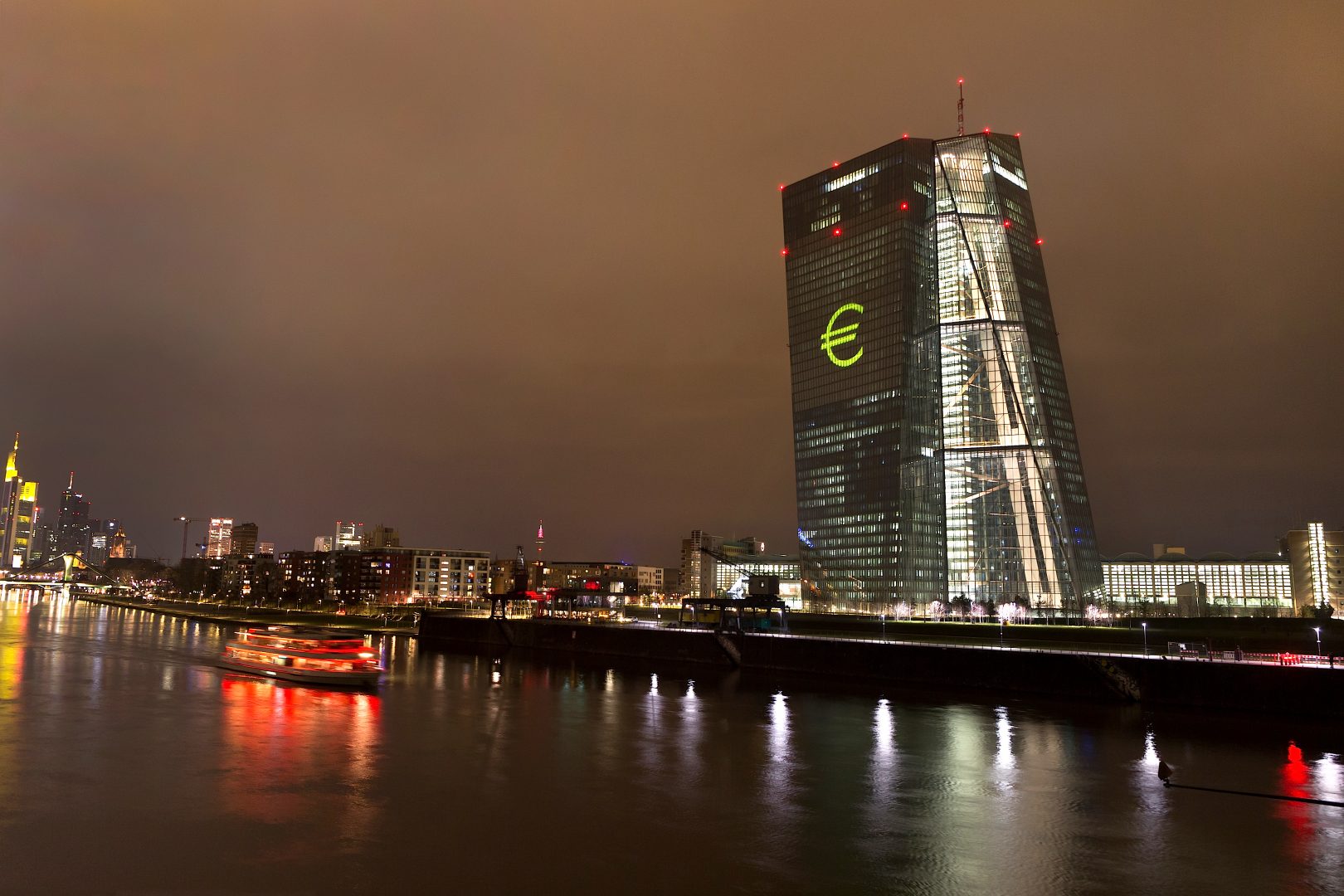ECB: hesitation for the new governor

Some ECB policymakers are reluctant to alter their guidance on interest rates as a move could tie the hands of the bank’s next president many months before an appointment is even made, four sources have said as Reuters reported.
With the eurozone’s economy losing steam, the ECB’s long-standing guidance for a rate hike late this year is increasingly out of sync with market expectations.
But policymakers have so far avoided any signal on rates beyond the term of their current boss, Mario Draghi, who is due to leave office at the end of October.
The hesitation implies that policymakers will first opt for other measures, such as long-term bank loans, to shore up confidence, with a move to formally push out rate hike expectations likely only if the outlook deteriorates further.
“Not knowing who is the next president is very much the reason for our hesitation,” one of the sources told Reuters. “Normally it wouldn’t be an issue but Draghi is such a powerful personality, it becomes quite difficult to commit beyond his term.”
Mr Draghi’s successor is likely to be named only after the European elections in late May and the front-runners, French central bank chief Francois Villeroy de Galhau and Bundesbank president Jens Weidmann, hold very different views about policy.
These differences may be key as the ECB’s Governing Council has a long tradition of lining up behind its leader, with rate setters rarely challenging publicly the bank’s policy stance.
The powerful ECB president attends top EU-level meetings and takes a leading role in pushing for big institutional changes in the 19-country currency bloc.
“But we’re also pragmatic and we’ll make the decision if it’s necessary,” said another source. “It’s just that we’ll have to be extra careful about signals beyond October 31 until we know who is coming in.”
Policymakers’ caution means the chance of a guidance change in March is lower if the outlook holds up, said the sources.
Economists polled by Reuters before the ECB’s January 24 policy meeting saw the ECB raising its deposit rate in December while money markets only price in a hike in mid-2020. Mr Draghi’s assertiveness and tendency to take decisions without consulting broadly served the eurozone well at the height of its crisis in 2012, when his “whatever it takes” speech quashed speculation the currency would collapse.

